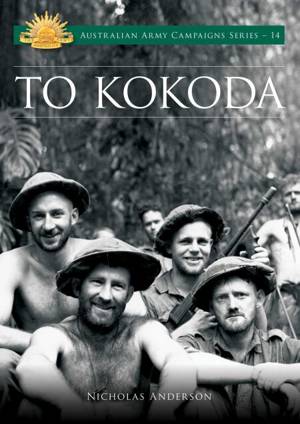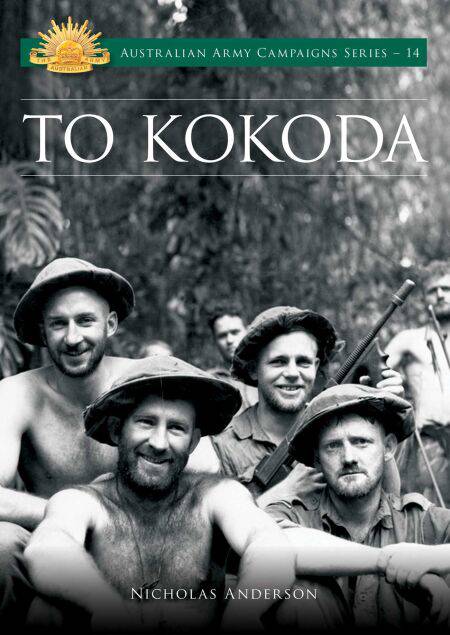
- Afhalen na 1 uur in een winkel met voorraad
- Gratis thuislevering in België vanaf € 30
- Ruim aanbod met 7 miljoen producten
- Afhalen na 1 uur in een winkel met voorraad
- Gratis thuislevering in België vanaf € 30
- Ruim aanbod met 7 miljoen producten
Zoeken
€ 6,76
+ 6 punten
Uitvoering
Omschrijving
When the Japanese war machine swept through South-East Asia in early 1942, it was inevitable that conflict would reach Australian territory on the island of New Guinea. The ultimate Japanese target was Port Moresby. Conquering the capital would sever communication between Australia and her American ally and allow Japanese air power to threaten Australia’s northern cities. When a seaborne invasion was thwarted at the Battle of the Coral Sea, the Nankai Shitai landed in Papua on 21 July and lunched an overland attack. Having captured the village of Kokoda with its vital airstrip, the Japanese headed for Port Moresby, traversing the treacherous Kokoda trail that winds across the might Owen Stanley Range. The Australian Army was ill prepared to confront the Japanese. Poorly equipped, undertrained, and unaccustomed to jungle warfare, the untested militia battalions were the first to face the battle-hardened invading forces. Later, when veteran AIF brigades were rushed forward to bolster the militia, they also fell in the path of the Japanese onslaught. But the over-extension of supply lines and disaster on Guadalcanal eventually cruelled Japanese aspirations and the Kokoda campaign became a bloody and protracted struggle as the Australian troops fought to drive the Japanese off the Owen Stanleys and out of Papua. While the front-line troops were engaged in a bitter fight for survival, a power struggle erupted at the top of the Allied command hierarchy resulting in a series of sackings, the competing ambitions of the Allied commanders clouding their judgement at a critical time. It was under these conditions, against a determined enemy and on one of the harshest battlefields on earth, that the Australian forces began to learn the crucial lessons that would be needed to break the back of the Japanese Army in New Guinea.
Specificaties
Betrokkenen
- Auteur(s):
- Uitgeverij:
Inhoud
- Aantal bladzijden:
- 186
- Taal:
- Engels
- Reeks:
Eigenschappen
- Productcode (EAN):
- 9781922132963
- Verschijningsdatum:
- 4/10/2014
- Uitvoering:
- E-book
- Beveiligd met:
- Adobe DRM
- Formaat:
- ePub

Alleen bij Standaard Boekhandel
+ 6 punten op je klantenkaart van Standaard Boekhandel
Beoordelingen
We publiceren alleen reviews die voldoen aan de voorwaarden voor reviews. Bekijk onze voorwaarden voor reviews.








